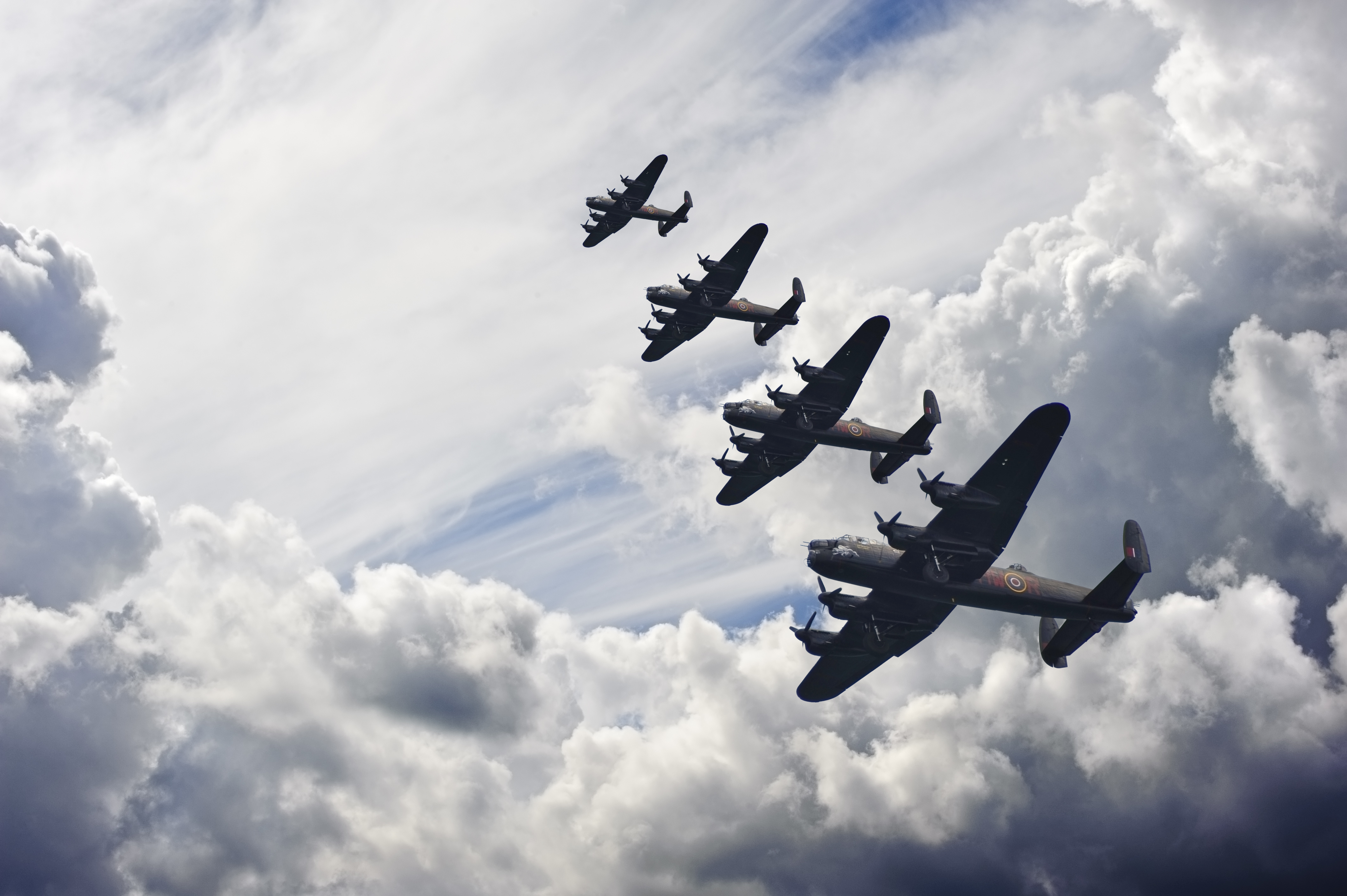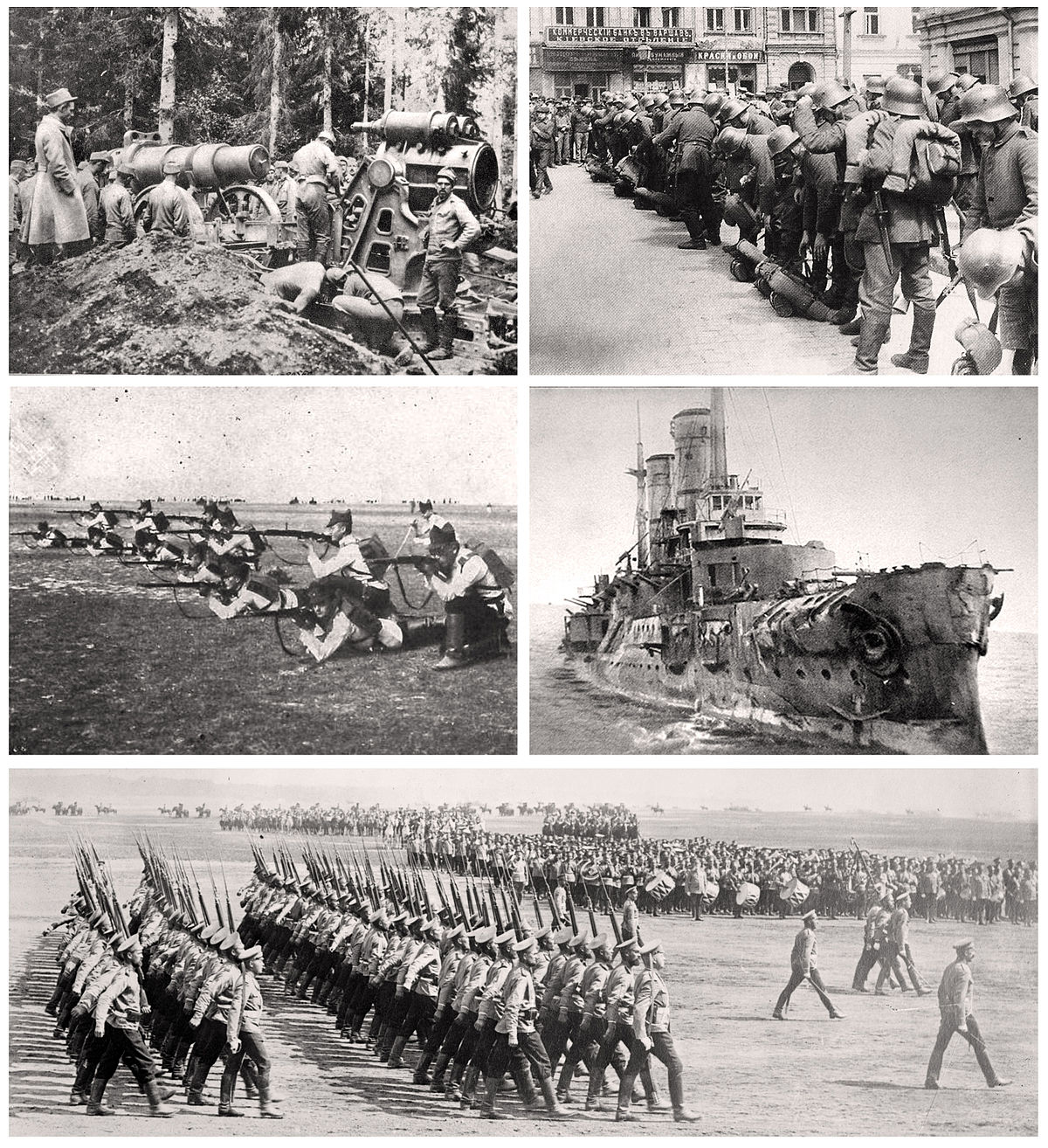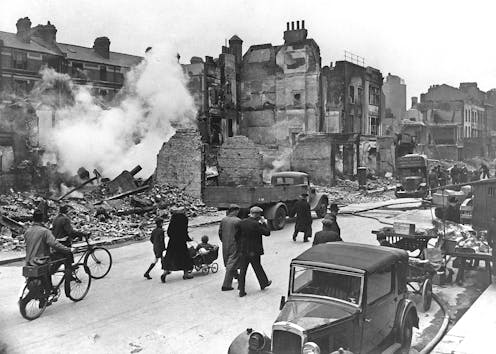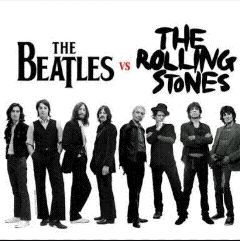MODERN ENGLISH
-17th Century to Present Days-
1. What was the Age of Reason? How were the English people affected by that?
The age of reason was an eighteenth-century movement which followed hard
after the mysticism, religion, and superstition of the Middle Ages.
The age of reason was a period where reason and rationality were a key
point for men to change their behavior and their way of thinking about what
concerns religion, since this time allowed them to be freer. Reason,
rationality, and enlightenment became the new God, that is why in this new age
men felt obliged to follow their own intellect, and that is where their attacks
against the Catholic Church began, because they were seeking only the true and
did not believe in superstitions. This does not mean that the age of reason is
an atheistic text, since it promotes natural religion and advocates a creator
God.
On the other hand, the English people were not affected as such by this time since it only spread and expanded commerce and the bourgeoisie, and also it gave rise to new languages only that each person adapted them to his own dialect.
On the other hand, the English people were not affected as such by this time since it only spread and expanded commerce and the bourgeoisie, and also it gave rise to new languages only that each person adapted them to his own dialect.
2. Which ideas and creations were brought by the Age
of Reason?
In this time period, people started to be free and
to find their own way into happiness because religion, superstition and
mysticism of the medieval world were set apart, losing submission from religion
and as a result, a certain confinement for the search of reason,
knowledge and understanding became imminent at that time. On the other hand,
this period brought with it the appearance of the Age of Enlightenment in which
science propelled and new fields of knowledge started being discovered. This is what this
period brought:
· Independence in
thought: people were engaged in follow their own beliefs and what their
intellect provided to them.
· Religious facts
were left as assumptions and mysteries or as facts of deliberation in which
Enlightenment has an important role when dealing with these beliefs and having
as a result a more critical thinking.
· There were
progresses and sciences and education.
· The world
started being seen from a more rational perspective.
· Theories about
the creation of the world and the human evolution as well as ideas about the
sun were constructed at that time since people had the liberty of doing it.
3.
What was the
Victorian Age? How was the English life at that time? Write a short report
about this Era.
Great Britain becomes the
world's first power, its economy prospers and with them its imperialist
cravings, culminated when Queen Victoria is proclaimed Empress of India, as the
last colony annexed to the Empire. Britain had a large fleet and had become the
owner of maritime trade and prepared for the great industrial revolution.
The Victorian Era is the
period of almost a century in which Great Britain went from being a country
dedicated to agriculture to a fully industrialized country; it is the era of
the Industrial Revolution, the railway, the social revolutions and everything
known today. It should be noted that it is also a period of an economic
consolidation, where the colonies and their colonial system provide the raw
materials necessary for the success of the industrial revolution.
A century in which Great Britain
needed stability and achieved it through various conflicts and wars such as
Crimea, wars that increased with the advent of new imperialist policies.
The life in The British
Empire lived through the time of maximum splendor in the mid-19th century, a
period in which profound changes in all aspects, such as social, cultural and
political, coincide completely, with the reign of Victoria I. When Queen
Victoria I, raised the throne England maintained an agrarian and rural economy,
but when she died, left an evolved country, with railway and, industry.
In 1901, Queen Victoria died putting an end to the
Victorian era which was a period of immense conservatism and mostly
gender biases. It was a period of industrial, cultural, political, scientific,
and military change within the United Kingdom, and was marked by a great
expansion of the British Empire. After this, the Edwardian era started; in this
period cultural life for British people was similar to the Victorian Era
culture in some aspects but there were a lot of changes too.
First of all, the social class difference persisted
due to the upper class had plenty of money owing to capitalism was
increased and the poor class were extremely poor with low salaries. However, King
Edward was a king with modern perspective, and due to the influence
of growing socialist ideas, problems of workers were given much importance than
in the Victorian Era.
Suddenly, workers status in society elevated
and they were treated as humans and not as machines, the
underprivileged and the poor classes received benefits from the Government.
Under Victorian Era, these segments of the society were completely overlooked.
Another important change was that the Feminist
Movement in the United Kingdom took relevance in this Era. There were several issues
regarding the role of women in the society such as her right to vote.
In turn, as a result of the empowerment of women in the society; years
later women were demanding independence from the shackles of the male dominated
set.
The Edwardian era is synonymous of prosperity, rich
art, and fashion, often referred to as the golden age. Life of the rich was
about social parties and banquets. Also, both men and women entertained
themselves with various sports in this era. Hunting was one of the most
popular of men’s sports. Special hunting trips were organized for the elites
where they took the joy of hunting prey. Goose hunting and other bird shooting contests were
also organized in this period. Beauty and fashion were given a lot of
importance. But people were sensible in their styles and did not flaunt over
the top dress codes.
It is important to highlight that after this period,
came the start of the First World War which represented a big
impact in the cultural life in Modern British.
5. What was the role of Literature during Victorian
Age?
The literature of the Victorian era is an evolution of romanticism towards a realism typical of a society in the process of industrialization that begins to conquer science and reason. Victorian literature is based on long and neat novels whose writings reflected a real life, full of fantasies and uneducated desires for some members of middle- and upper-class families. One advantage of literature at this time is that women brought out their written production capabilities, prevailing as the best of that era as Jane Austen and Elizabeth Gaskell.
It is for all this that Victorian literature is characterized by:
The literature of the Victorian era is an evolution of romanticism towards a realism typical of a society in the process of industrialization that begins to conquer science and reason. Victorian literature is based on long and neat novels whose writings reflected a real life, full of fantasies and uneducated desires for some members of middle- and upper-class families. One advantage of literature at this time is that women brought out their written production capabilities, prevailing as the best of that era as Jane Austen and Elizabeth Gaskell.
It is for all this that Victorian literature is characterized by:
- Evolving
from romantic to rational thinking.
- Avoid
sexual issues or make use of them in a subtle way.
- Absolute
morality.
- Urbanization of society; exemplary and fanciful places.
- Skeptical
writers.
6. Write a short summary about the important facts
that happened during the XX century and XXI century in the United
Kingdom.
The Britain of the year 2000 was unimaginable at
the end of the Victorian era in 1901. The 20th century saw two world wars catalyze
enormous social change across the country, including dramatic enhancements in
health and education. The motor car stormed through town and country,
transforming both, and Britain no longer ruled a third of the planet.




Indian Summer: The brief but unexpectedly successful reign of the flamboyantly enthusiastic Edward VII (r.1901–10) is sometimes seen as an untroubled ‘Indian Summer’, an appendix to the Victorian age, with great country houses at their apogee and an ever-growing middle class. Living conditions for the urban and rural poor, however, were often squalid and forces of radical change were already at work. The social reforms of the Liberal government of 1906–14 laid the foundations of what would become known as the welfare state.
 The First World War: brought the front line to the civilian population. Zeppelin and aircraft raids targeted London and other towns on the east coast. Both Whitby Abbey and Scarborough Castle in North Yorkshire were hit. The wartime state extended its control over peoples’ lives in an unprecedented way, with conscription, increased taxation and censorship. Over 1.6 million women replaced conscripted men in the workplace. Country houses such as Wrest Park, Bedfordshire, and Osborne on the Isle of Wight were used as hospitals and convalescent homes for wounded soldiers.
The First World War: brought the front line to the civilian population. Zeppelin and aircraft raids targeted London and other towns on the east coast. Both Whitby Abbey and Scarborough Castle in North Yorkshire were hit. The wartime state extended its control over peoples’ lives in an unprecedented way, with conscription, increased taxation and censorship. Over 1.6 million women replaced conscripted men in the workplace. Country houses such as Wrest Park, Bedfordshire, and Osborne on the Isle of Wight were used as hospitals and convalescent homes for wounded soldiers.



 In the 1990s, preferences began to
shift from British to American English as the chosen standard for
second-language acquisition in many places. The twin influences of British and
American broadcasting media make the language more and more accessible to the
public. Hollywood and the pop music industry are helping to make English an
irresistible medium for the transmission of popular culture. Even long-established
European cultures are beginning to feel linguistically and culturally
threatened, as English is becoming more and more widely used, and large numbers
of English borrowers are entering their languages.
In the 1990s, preferences began to
shift from British to American English as the chosen standard for
second-language acquisition in many places. The twin influences of British and
American broadcasting media make the language more and more accessible to the
public. Hollywood and the pop music industry are helping to make English an
irresistible medium for the transmission of popular culture. Even long-established
European cultures are beginning to feel linguistically and culturally
threatened, as English is becoming more and more widely used, and large numbers
of English borrowers are entering their languages.



Indian Summer: The brief but unexpectedly successful reign of the flamboyantly enthusiastic Edward VII (r.1901–10) is sometimes seen as an untroubled ‘Indian Summer’, an appendix to the Victorian age, with great country houses at their apogee and an ever-growing middle class. Living conditions for the urban and rural poor, however, were often squalid and forces of radical change were already at work. The social reforms of the Liberal government of 1906–14 laid the foundations of what would become known as the welfare state.
 The First World War: brought the front line to the civilian population. Zeppelin and aircraft raids targeted London and other towns on the east coast. Both Whitby Abbey and Scarborough Castle in North Yorkshire were hit. The wartime state extended its control over peoples’ lives in an unprecedented way, with conscription, increased taxation and censorship. Over 1.6 million women replaced conscripted men in the workplace. Country houses such as Wrest Park, Bedfordshire, and Osborne on the Isle of Wight were used as hospitals and convalescent homes for wounded soldiers.
The First World War: brought the front line to the civilian population. Zeppelin and aircraft raids targeted London and other towns on the east coast. Both Whitby Abbey and Scarborough Castle in North Yorkshire were hit. The wartime state extended its control over peoples’ lives in an unprecedented way, with conscription, increased taxation and censorship. Over 1.6 million women replaced conscripted men in the workplace. Country houses such as Wrest Park, Bedfordshire, and Osborne on the Isle of Wight were used as hospitals and convalescent homes for wounded soldiers.
 |
| Wall Street Crash |
Precarious
Years: War ended on the Continent but broke out in Ireland, with the Anglo Irish
Wars (1919–21). Recession followed a brief post-war economic recovery. Troubled industrial relations led to the only general strike in British history in 1926. From the early 1920s
the Labour Party, founded in 1900, overtook the Liberal Party in general
elections. The
slump following the Wall Street Crash of 1929 hamstrung economic reconstruction and
meant continuing hardship, particularly in industrial areas. In the post-war
territorial carve-up Britain gained mandates over a number of former German and Ottoman territories.
British control now extended over more of the globe than ever before – but closer
to home, Ireland was partitioned and the Irish Free State became independent in 1922.

the second time in a generation. After the defeat-turned-propaganda-triumph
‘Miracle of Dunkirk’ (planned in Dover Castle's Secret Wartime Tunnels) in 1940 Britain stood alone, unified behind Churchill. Victory in the Battle of Britain greatly raised morale, and subsequent blitz air raids on London, Coventry and many other towns failed to significantly lower it. By 1943, Britain had become a junior partner in an alliance dominated by the USA and the Soviet Union. Allied bombing from British bases and the 1944 D-Day landings hastened Germany’s drawn-out defeat.

 |
| Coronation of Queen Elizabeth II |
Growing Peacefulness: The 1945 election saw an
unexpected Labour bringing with its nationalization and Welfare State legislation
which included the creation of the National Health Service. Post-war architects
and planners were confident they could raise standards of living with housing
projects in Britain’s cities and in new towns. Meanwhile, the coronation of
Queen Elizabeth II (r.1952–present), the first to be televised, prompted talk
of a new Elizabethan age. During the later 1950s and the 1960s, cars,
washing machines, fridges, telephones and holidays all became increasingly
affordable elements of everyday life. In 1957 Harold Macmillan could proclaim
‘prosperity such as we have never had … in the history of this country’.
 |
| Harold Macmillan |
Popular Music: Popular commercial music in Britain appeared at least until the
17th-century ballad. Popular music in the modern sense began to emerge in The 1950s, as American styles of jazz and rock and roll became popular. The revival of skiffle was an early attempt to create a British form of American
music, but it was the emergence of British rock and roll in the early 1960s
that established a viable UK popular music industry.
 In the 1990s, preferences began to
shift from British to American English as the chosen standard for
second-language acquisition in many places. The twin influences of British and
American broadcasting media make the language more and more accessible to the
public. Hollywood and the pop music industry are helping to make English an
irresistible medium for the transmission of popular culture. Even long-established
European cultures are beginning to feel linguistically and culturally
threatened, as English is becoming more and more widely used, and large numbers
of English borrowers are entering their languages.
In the 1990s, preferences began to
shift from British to American English as the chosen standard for
second-language acquisition in many places. The twin influences of British and
American broadcasting media make the language more and more accessible to the
public. Hollywood and the pop music industry are helping to make English an
irresistible medium for the transmission of popular culture. Even long-established
European cultures are beginning to feel linguistically and culturally
threatened, as English is becoming more and more widely used, and large numbers
of English borrowers are entering their languages.
20th century: Communication Revolution. Spread a few languages at the expense of many. World languages begin to die out on a large scale as the mastery of certain world languages becomes necessary for survival. Classification and description of non-Indo-European languages by linguists continue, often in a race against the clock.
7. From the past until now, what was brought by
History and that had stayed as part of the English Culture?
The British culture can be described as the legacy of the history of a developed island country, great power and also as the result of the political union of four countries, which have some elements of traditions, customs, and symbolism that have been maintained over history. Therefore, the influence of the British culture can be seen in the language, traditions, customs and legal systems of many of its former colonies.










No hay comentarios:
Publicar un comentario